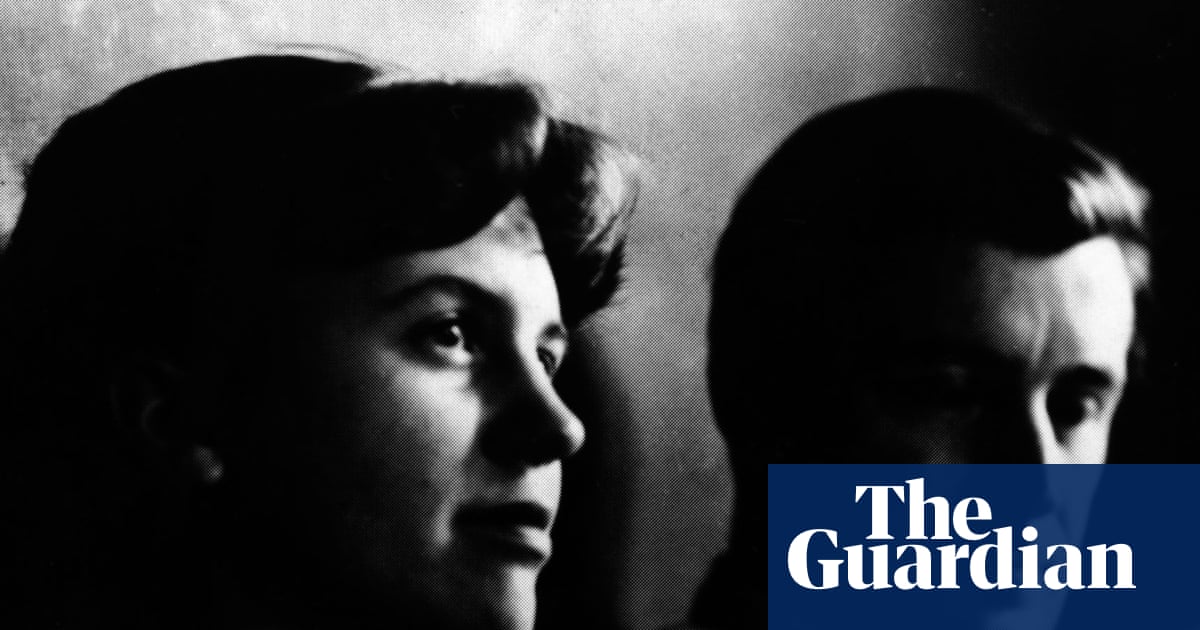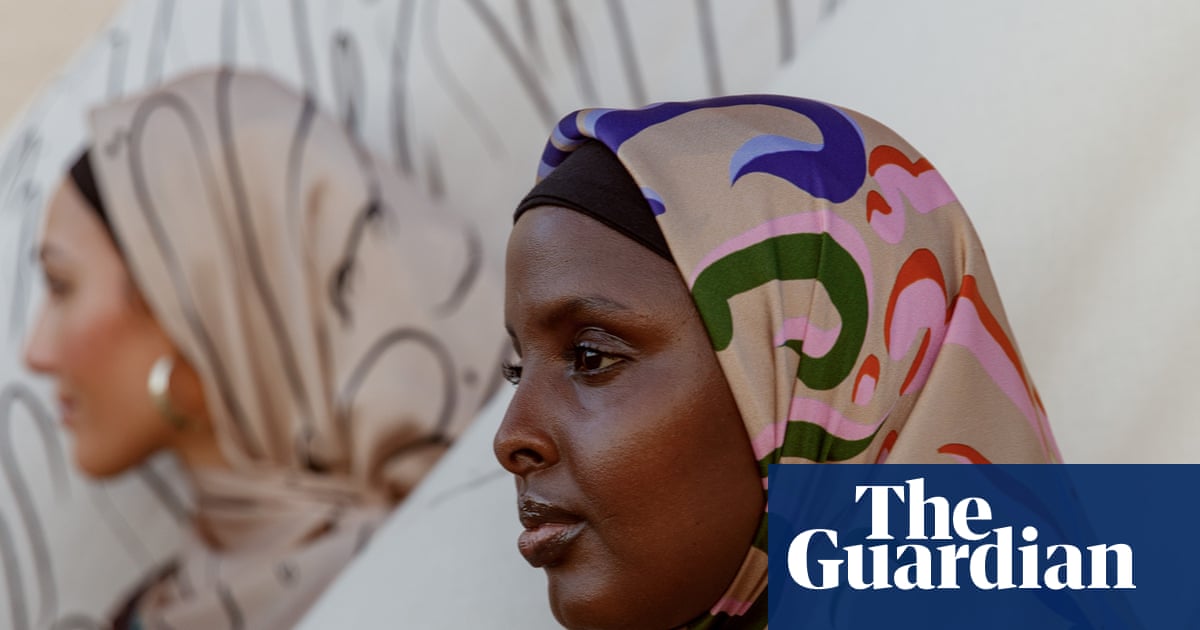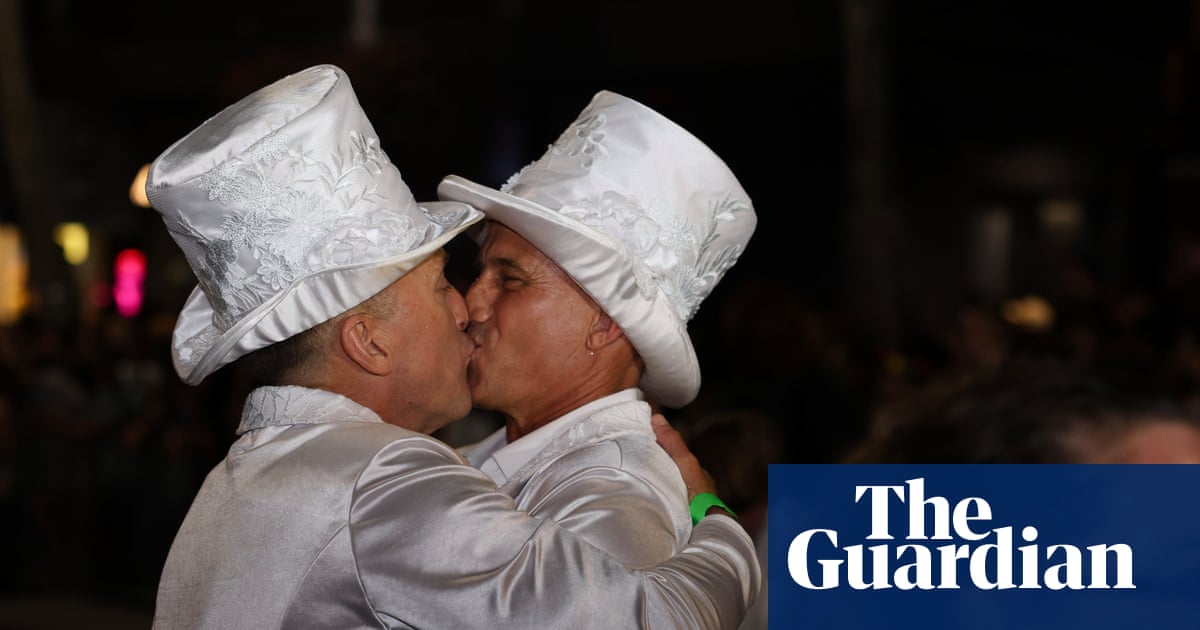“A lot of people have died, so I can actually say these things without destroying somebody’s life. Except for the people whose lives I wish to destroy.” Thus spake Margaret Atwood in a recent interview about Book of Lives: A Memoir of Sorts, in a clip that has gone viral. “They deserve it,” she says, of the people she hasn’t said such nice things about. Asked if she likes holding a grudge, she replied: “I don’t have a choice. I’m a Scorpio.”
Part of the clip’s appeal is Atwood’s icily sardonic delivery: you can understand why a recent review of her autobiography describes her as “a literary mafia don”, reminding those who have crossed her that she knows who they are, even if they remain unnamed, or pointing out that they may well be dead by now anyway. It reminds me a bit of the writer who once said to me: “If you wait by the bend in the river long enough, the bodies of your enemies will eventually float past”. Not a Buddhist proverb, for obvious reasons.
It’s that same wry acknowledgment of the supposed wrongness of one’s own grudge-holding that makes Book of Lives so funny. From Atwood’s response to one hatchet job being the immortal words: “Piss up a rope, wanker”, to her account of hiring an exorcist to banish the possible ghost of her husband’s ex-wife, the woman who unfairly labelled her a “homewrecker”, her vengeance is too hilarious to be judged entirely cold.
Though is it revenge, to name and shame those who have wronged us, in the telling of our own stories? There’s a notion that to bear a grudge is somehow petty, and to a certain extent, it is public delight in that pettiness that has made the clip of Atwood take off online. Perhaps it’s the notion that prize-winning, household-name authors should be above such feelings, that there is a certain glee, not to mention comfort in discovering that, like the rest of us, they are nurturing a mental “shit list” of people who have hurt them.
I suspect that it’s more than that. In today’s therapy-led culture of forgiveness, closure and moving on, bearing a grudge simply isn’t the done thing. It’s all about processing the crimes that have been done to us and liberating ourselves from the supposed toxicity of our ongoing resentments. We meditate and try to wish “loving kindness” even to those who have been cruel to us. Resentment is unhealthy, supposedly, and makes us bitter. We are supposed to “let it go”. But what if we can’t? Furthermore, what if we don’t want to? What if all this pressure to forgive becomes an additional burden? “I’m trying so hard, but I just can’t forgive her”, a friend said recently, of her narcissistic mother. “Why do you have to forgive her?” I said.
Maybe I’m a long way from reaching enlightenment. I don’t think bearing a grudge – which carries a mental load – is the same thing as accepting that some things still cause us pain. Besides, it is indeed death, not forgiveness, that liberates the memoirist. Now that they can’t sue you, you can finally have your say, without having to dress it all up as fiction – as Atwood said she did in Cat’s Eye, her masterful novel about the lifelong impact of bullying between girls. “It was true that parts of the novel were autobiographical,” Atwood now writes. “I avoided saying so because the chief perp was still alive: she became a teenage friend and we’d kept in touch. But now, she and her immediate family are all dead.” The bully’s name was Sandra.
In Cat’s Eye, the bully is Cordelia, and women who have their own Cordelias still break down in tears when they meet Atwood. Such is the legacy of girl-on-girl cruelty, and the recognition that reading Cat’s Eye provokes. My mother gave me a copy of it during my own awful time with bullies. Still, when I think of my first year of secondary school, the image that comes to mind is that of the dark, glacial toilet block in which I’d hide at breaktime, and its blue walls (I have always hated blue walls). I have had many years of therapy. Like Atwood, I understand that the person who bullied me was damaged. Understanding isn’t forgiveness, though, and it doesn’t surprise me that so many people struggle with the latter when their bullies later reach out to them in search of absolution.
Atwood may ham up the revenge angle – it’s great fun and excellent marketing. She notes that bearing a grudge isn’t an especially attractive thing in a person (“I struggle against it, but not very hard”). At the same time, her naming of Sandra doesn’t feel petty or gleeful at all. She avoided doing so sooner to avoid hurting her.
To be bullied as a child is to feel great shame, and to tell the truth is, I believe, its radical antidote. As someone who has written a memoir herself, I know it’s a process that, when done well, is a continual act of self-interrogation: why am I telling this story? You can always tell when a writer is simply score-settling. In the Book of Lives, something deeper is going on, rooted in the understanding that a long life, even a highly successful one, will always have moments of pain. It doesn’t mean that the pain can’t be funny. Laughing is, after all, all part of the process.
after newsletter promotion
-
Rhiannon Lucy Cosslett is a Guardian columnist

.png) 3 months ago
71
3 months ago
71

















































